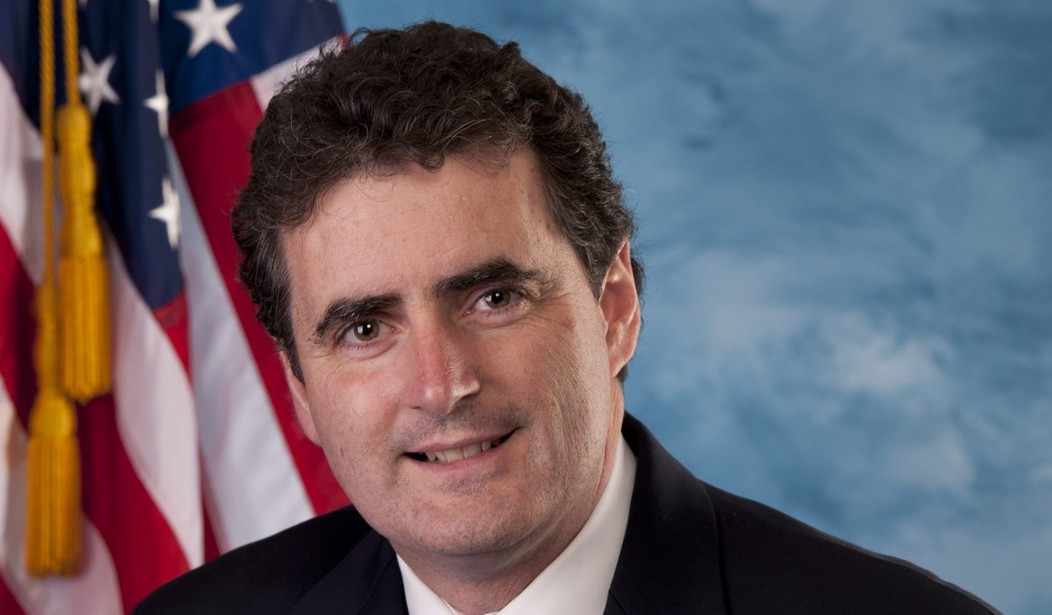Former Rep. Mike Fitzpatrick (R-Pa.) has passed away after a battle with cancer, the Bucks County Republican Party announced on Monday.
“Michael Fitzpatrick passed away peacefully this morning, surrounded by family, after a long and arduous battle with melanoma,” his family said in a statement released on Monday.
Fitzpatrick was previously diagnosed with stage 3 colorectal cancer at 44 years of age and reportedly went into went remission toward the end of 2009.
Fitzpatrick, 56, served 4 terms in the House of Representatives representing the Philadelphia suburbs. He declined to run for a 5th term, citing his commitment to term limits.
In 2010, Fitzpatrick told voters he had “no interest in becoming a professional politician.”
“Washington has become a town of embedded politicians, many of whom have lost their connection to the real world,” Fitzpatrick said in 2010. “A seniority system exists that rewards congressmen for political careers lasting decades and encourages members to serve in perpetuity. If money and power corrupt then Washington is the epicenter. It is time to clean the House. There needs to be real reform of House rules and procedures and we need congressional term limits.”
Prior to serving in Congress, he was chair of the Bucks County commissioners.
Fitzpatrick came to Congress in 2004 after winning the general election for the seat vacated by Rep. Jim Greenwood (R-Pa.), who retired from Congress. Fitzpatrick lost the 2006 election to Patrick Murphy (D-Pa.) but won the seat back in the 2010 general election, serving until 2017. Fitzpatrick’s younger brother Brian, a former supervisory special agent at the FBI, won the seat in the 2016 election and currently serves in the House after winning again in 2018.
Fitzpatrick served on the Financial Services Committee and the House Committee on Small Business.
In one of his last speeches as a member of Congress, Fitzpatrick stressed the importance of non-profits and faith-based organizations solving problems and meeting the needs of local communities as opposed to government programs.
“Would I rather have the church, the Salvation Army, the American Red Cross do it, or would I rather have a bureaucracy do it?” Fitzpatrick said. “In every case, if possible, I’d rather have the nonprofit, faith-based organization because they do it generally more efficiently, less expensively and with greater purpose.”
“Basically, don’t look for the federal government to solve every problem,” Fitzpatrick continued. “Thomas Jefferson once said a federal government that is big enough to give you everything you want is strong enough to take everything you have.”









Join the conversation as a VIP Member